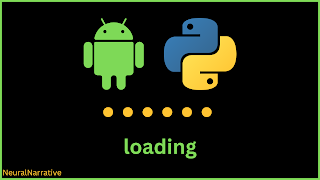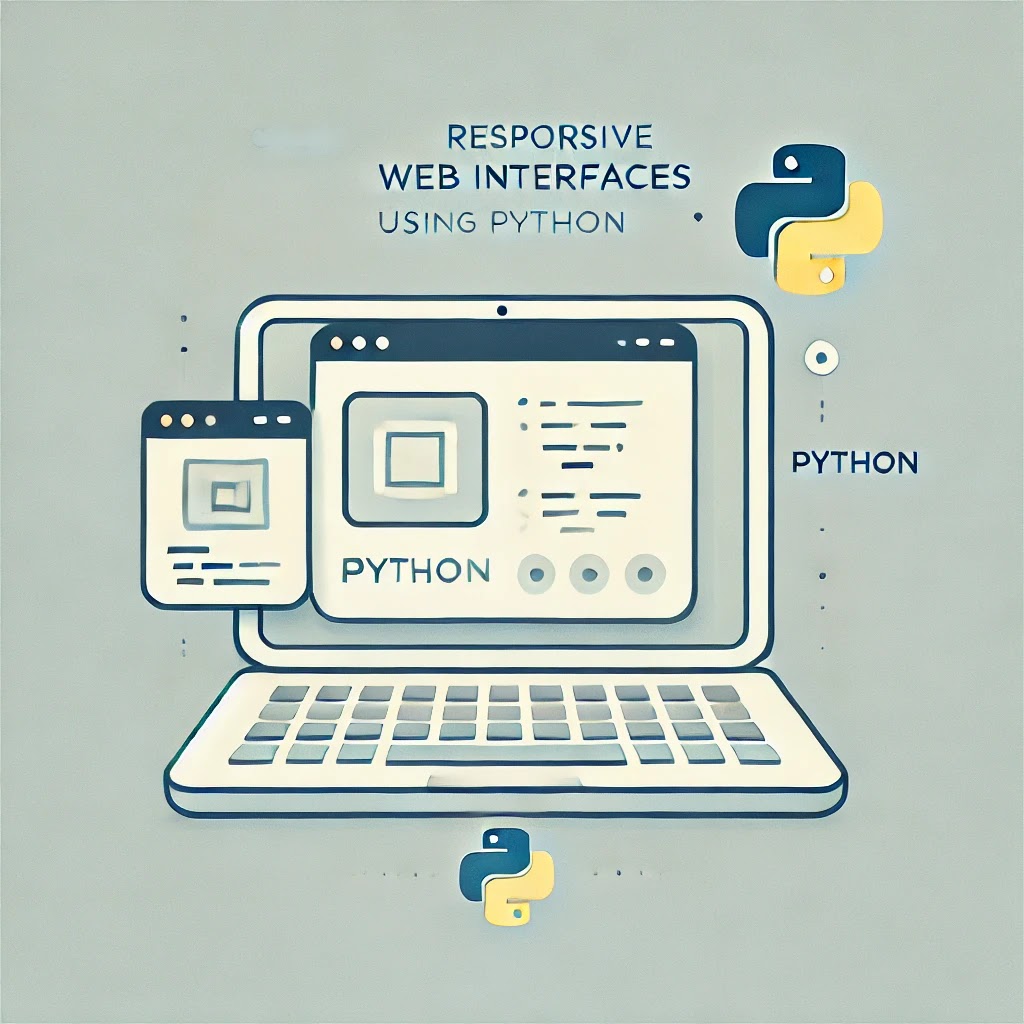Python Supports Android: A Game-Changer for Mobile Development
Introduction
Python, one of the most popular programming languages, is expanding its reach to mobile platforms with the addition of official Android support in Python 3.13. This significant development opens new opportunities for developers to harness the power of Python on Android devices, which dominate the global mobile market. In this blog post, we delve into the details of this exciting update, exploring its motivations, technical specifications, and implications for the future of mobile development.
Motivation Behind Python's Android Support
Over the past decade, mobile platforms have become integral to the computing landscape, with Android holding a commanding 70% market share. Despite this dominance, CPython, the reference implementation of Python, lacked official support for Android until now. Several projects like Chaquopy, BeeWare, and Kivy have independently enabled Python on Android, but the need for official support was evident to ensure Python's competitiveness and adoption on this crucial platform. The new PEP 738 addresses this gap, aiming to provide Tier 3 support for Android in Python 3.13.
Rationale and Technical Considerations
Android's unique characteristics as a POSIX-compliant platform, based on the Linux kernel with its own C library (Bionic), pose specific challenges and opportunities for Python integration. Unlike traditional Linux distributions, Android's binary compatibility and filesystem layout differ significantly. However, Android's source compatibility with Linux has improved over the years, making it feasible to compile CPython for Android with minimal modifications.
To achieve this, the development will focus on creating an Android equivalent of the Windows embeddable package, offering a set of compiled libraries that developers can integrate into their applications. This approach avoids the need for a dedicated installer and leverages the existing configure and Makefile system used for other POSIX platforms.
Supported Android Versions and Architectures
Python 3.13 aims to support Android from version 5.0 (API level 21) onwards, covering 99% of active devices. The focus will initially be on the 64-bit architectures (arm64-v8a and x86_64), given their prevalence and the technical challenges associated with 32-bit support. This strategic choice aligns with current industry trends and ensures a robust and scalable solution for the majority of Android devices.
Development Tools and Processes
The integration process will utilize standard Android development tools, including the Native Development Kit (NDK), Gradle, and the Android emulator. These tools enable developers to compile, build, and test Python for Android effectively. The NDK provides the necessary C and C++ compilers and system headers, while Gradle facilitates the creation of deployable apps. The Android emulator, compatible with both x86_64 and ARM64 architectures, will be essential for testing and development.
App Lifecycle and Execution
Given Android's primary use of Java and Kotlin for app development, Python will be integrated as a dynamic library (libpython3.x.so) within the main app process. This approach leverages the JNI (Java Native Interface) for interoperability, allowing Python code to run seamlessly within an Android app. Unlike iOS, Android supports creating subprocesses, although this practice is discouraged for long-running processes. The recommended method for running Python on Android will be by loading the dynamic library, without officially supporting a standalone Python executable.
Implications for the Python Ecosystem
The official support for Android in Python 3.13 is a pivotal milestone, enhancing Python's versatility and relevance in the mobile development arena. It aligns with Python's ethos of being accessible and useful across diverse platforms, from desktops to mobile devices. For developers, this means easier integration of Python into Android apps, fostering innovation and expanding Python's footprint in mobile app development.
Conclusion
The inclusion of Android as a supported platform in Python 3.13 marks a significant advancement for the Python community. It underscores Python's commitment to evolving and adapting to the changing technological landscape, ensuring its continued relevance and appeal. As developers begin to explore and utilize this new capability, we can expect a surge in innovative Android applications powered by Python, solidifying its position as a versatile and powerful programming language.
By embracing this new frontier, Python not only stays ahead in the competitive landscape of programming languages but also empowers developers to create more dynamic and robust applications for the world's most widely used mobile platform. Stay tuned to Neural Narrative for more updates and insights on this exciting development in the world of Python.









No comments:
Post a Comment